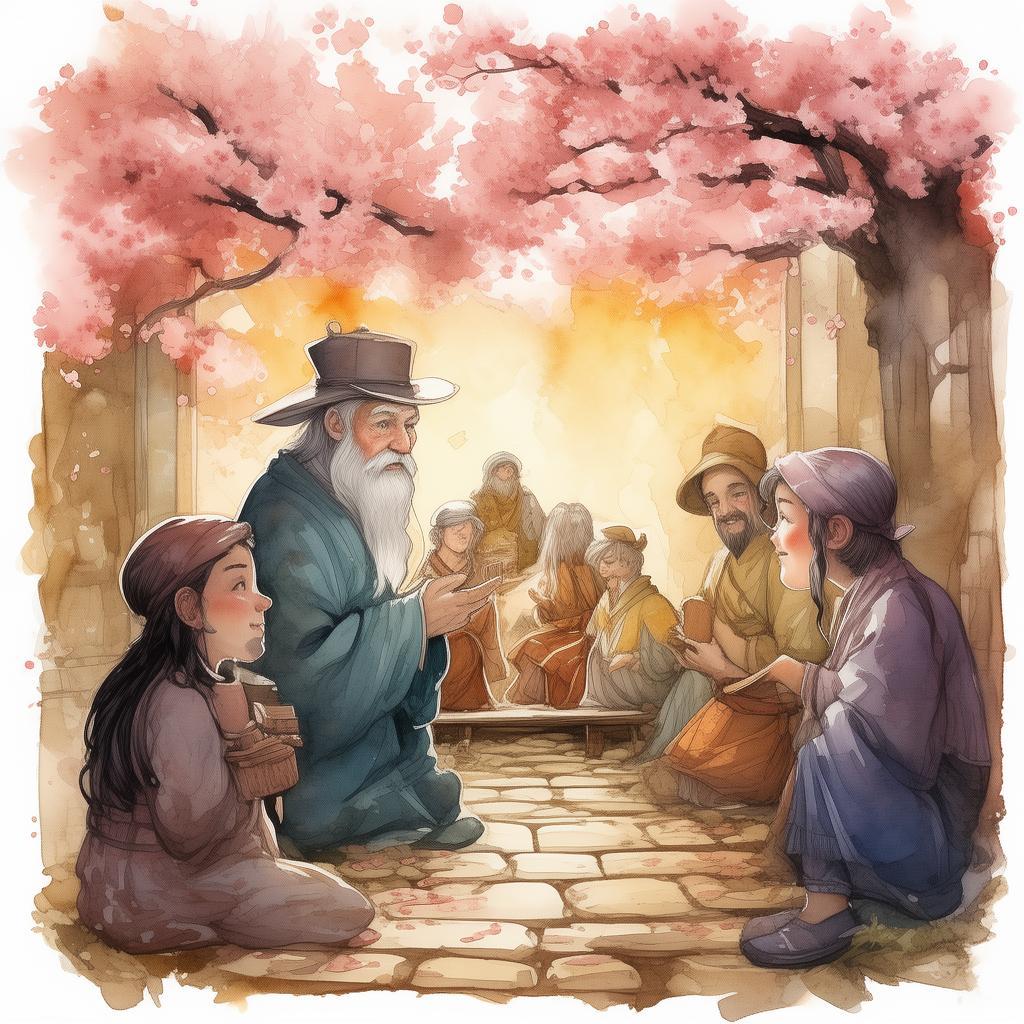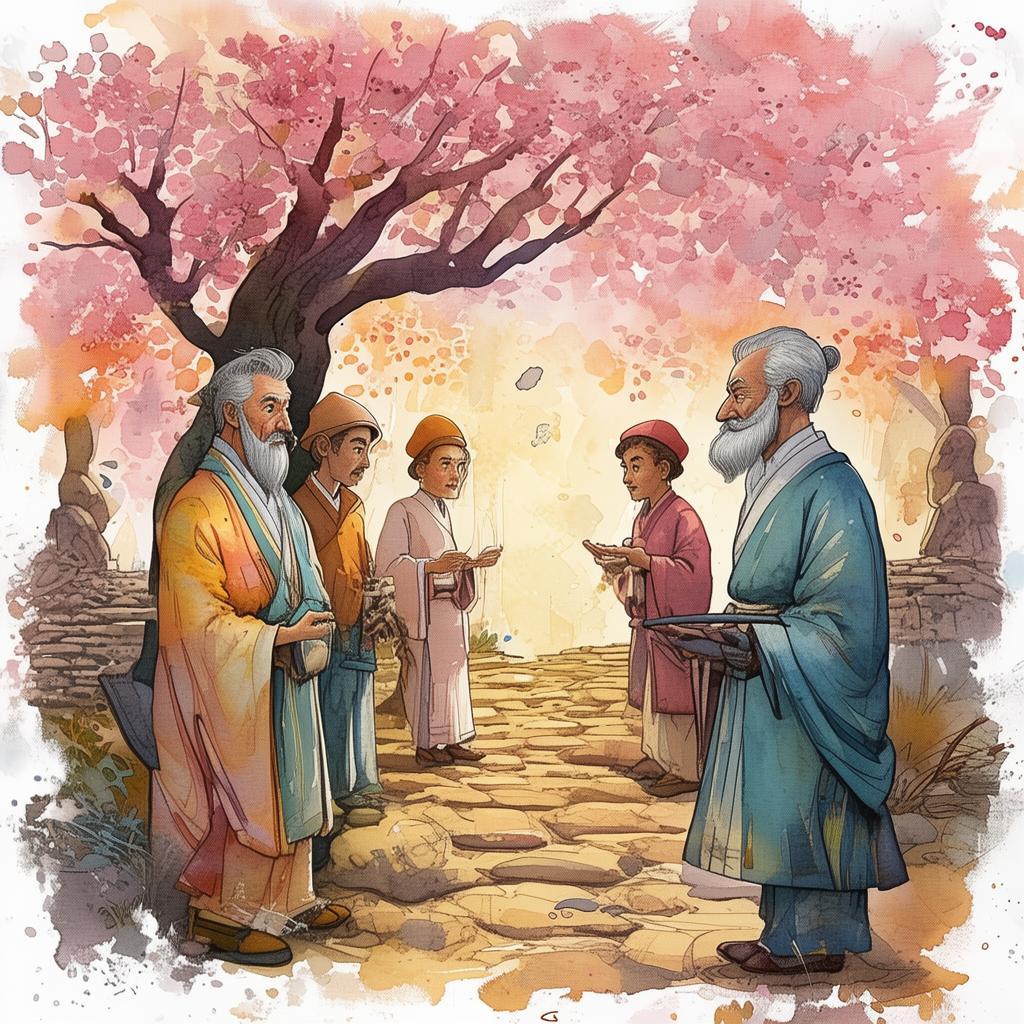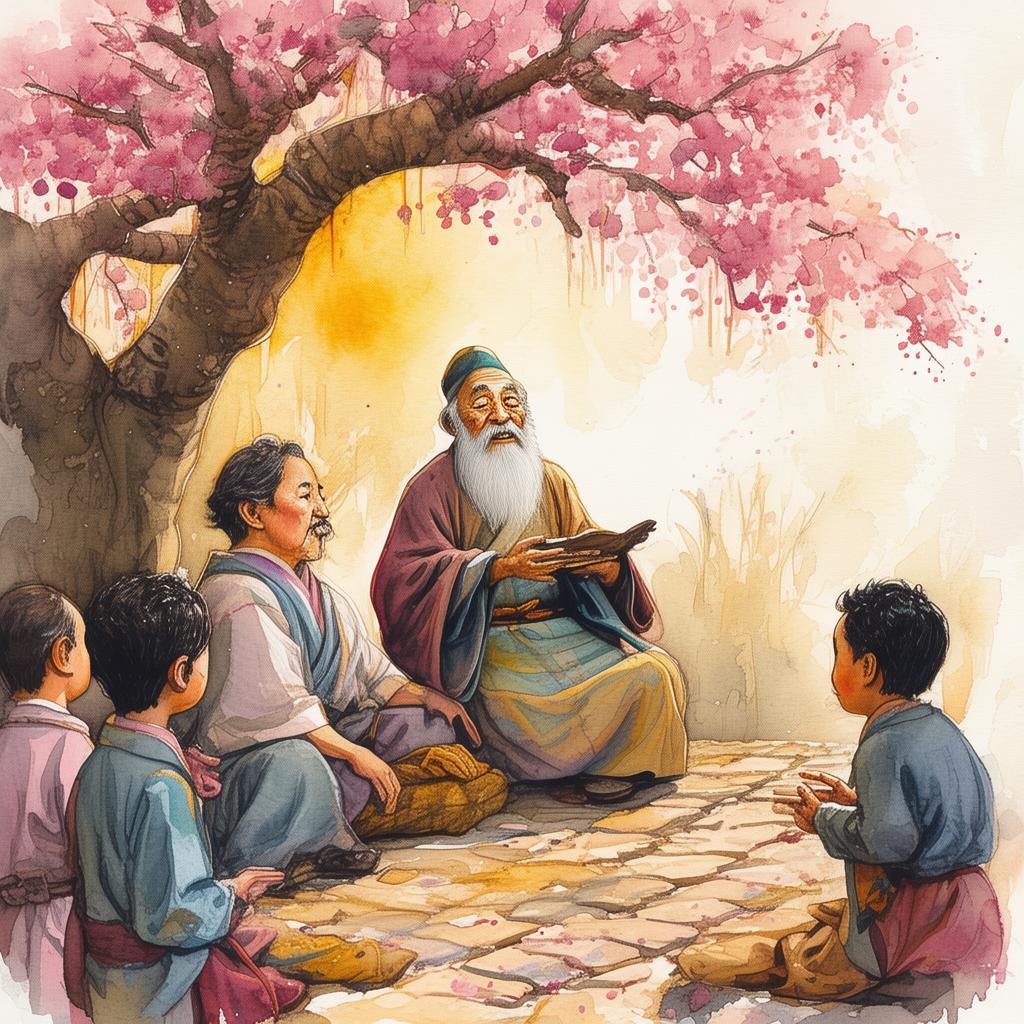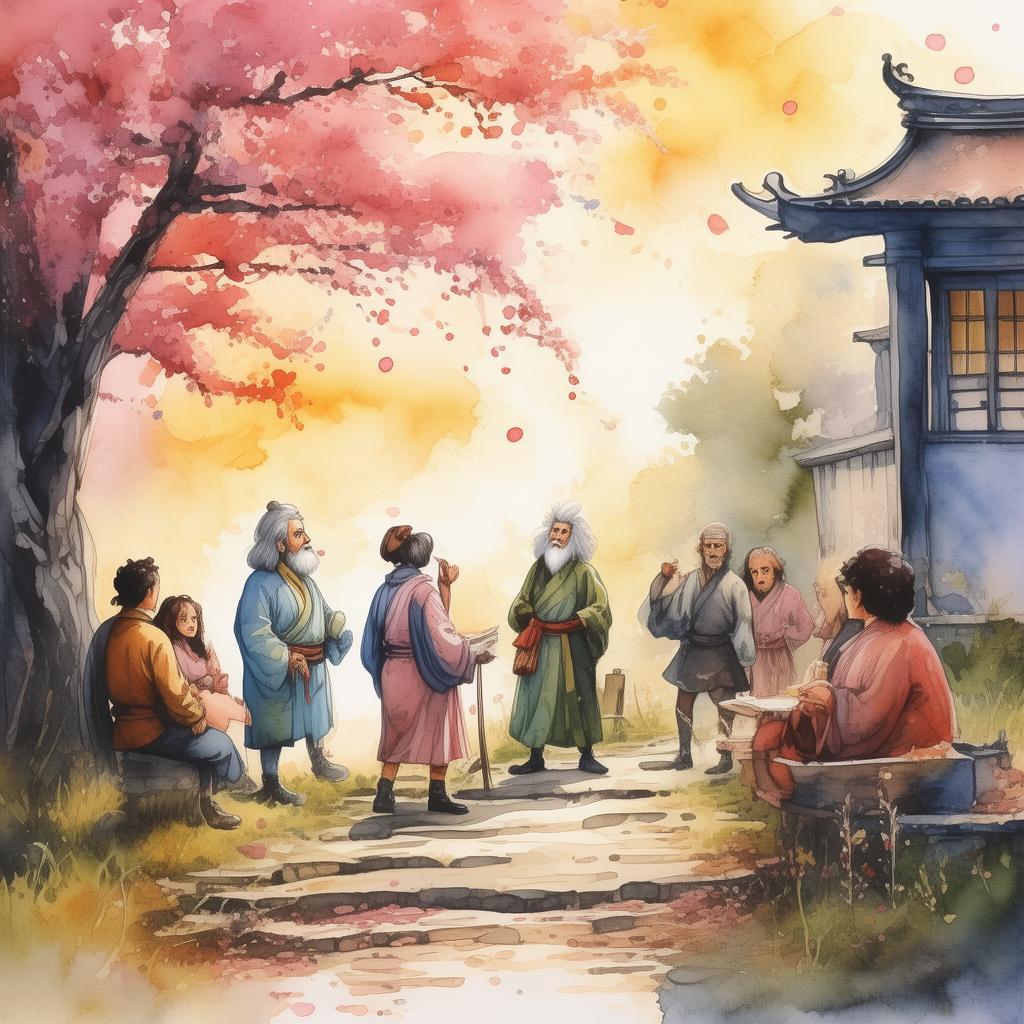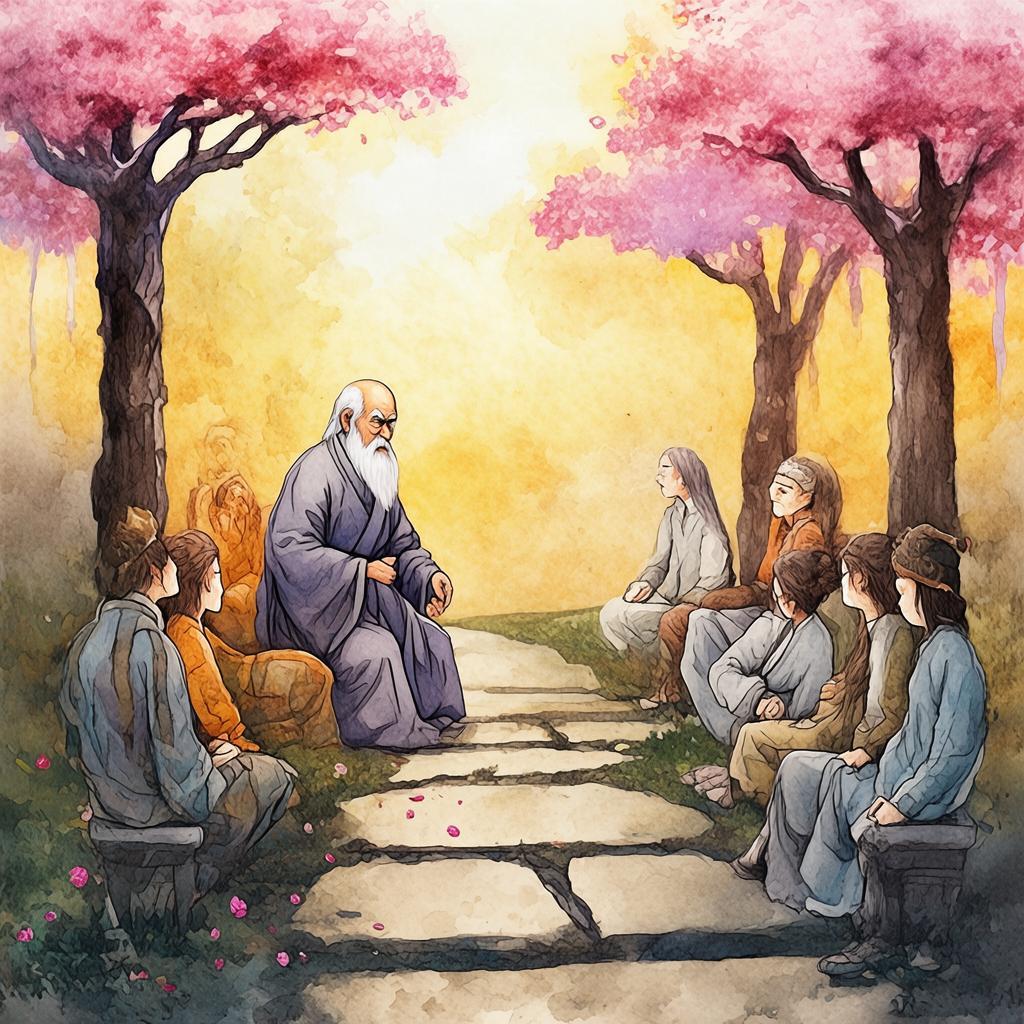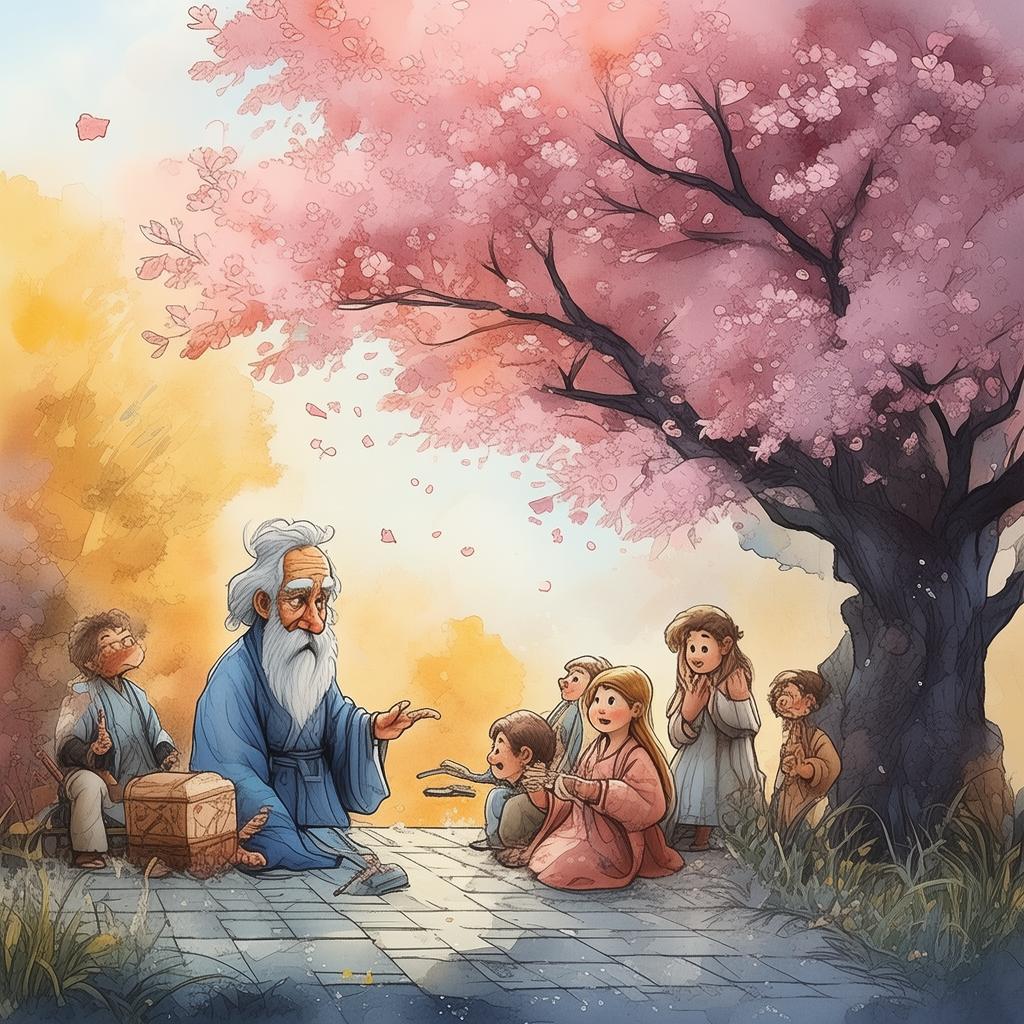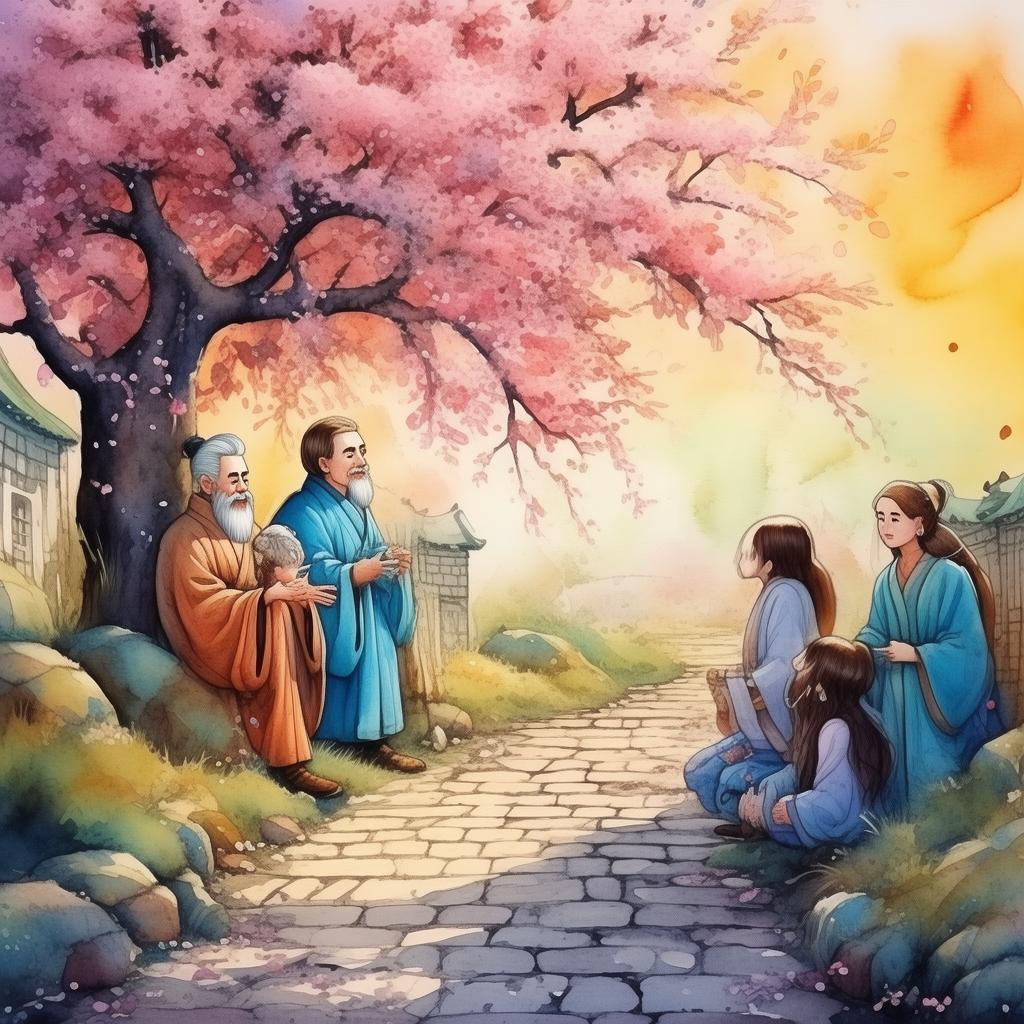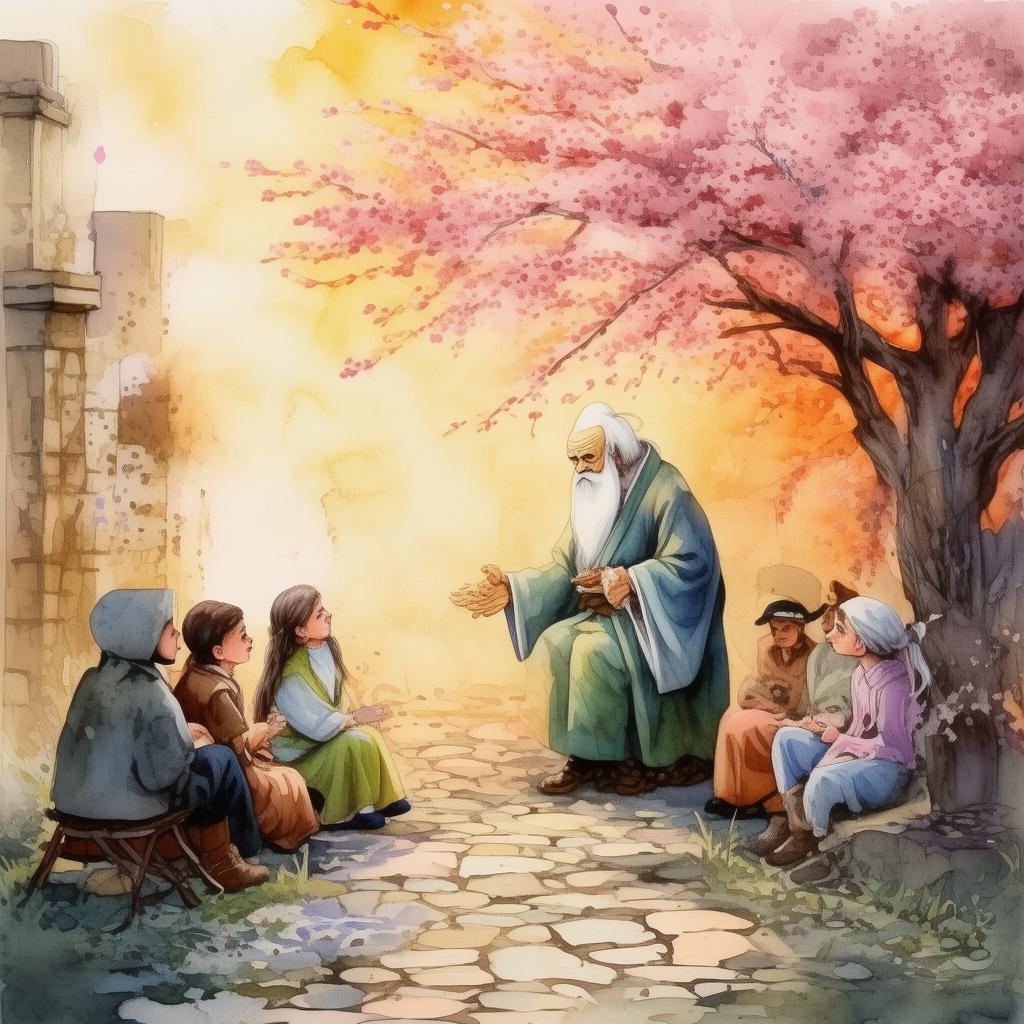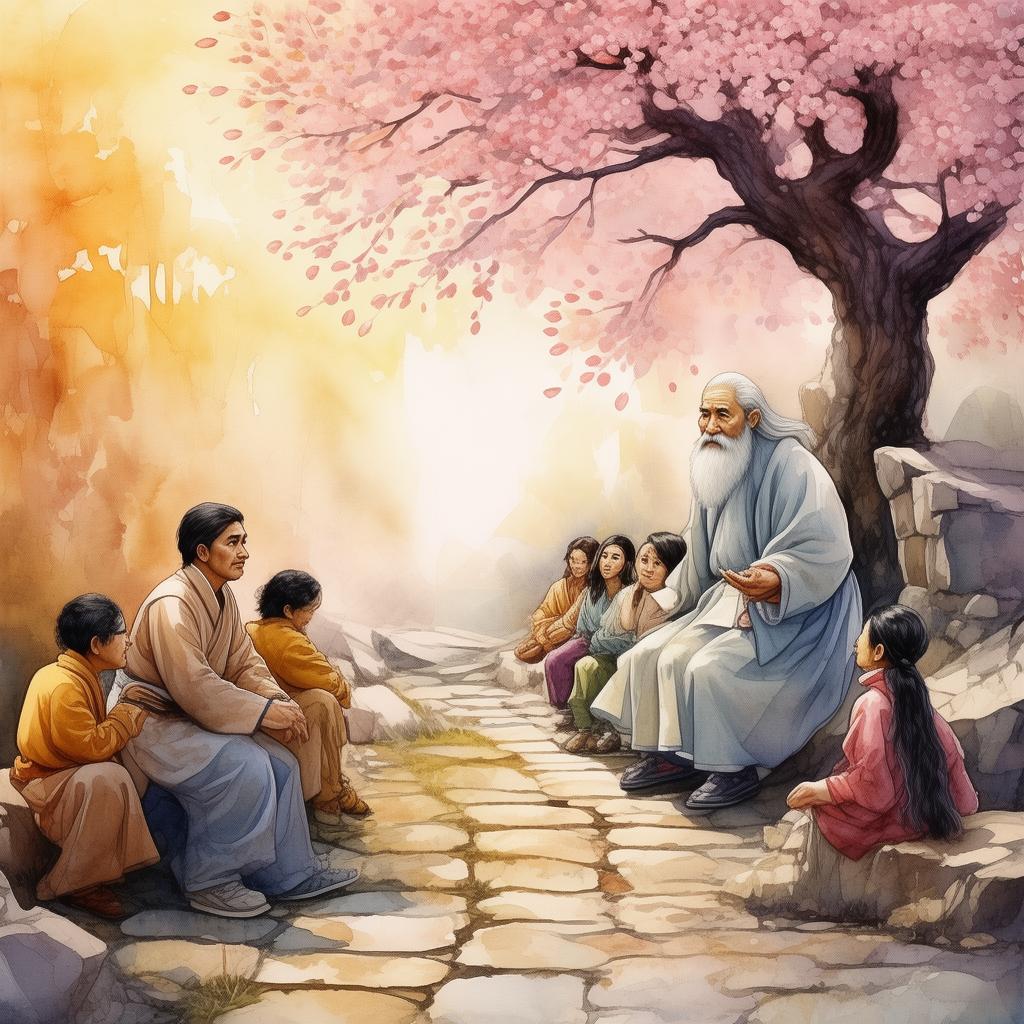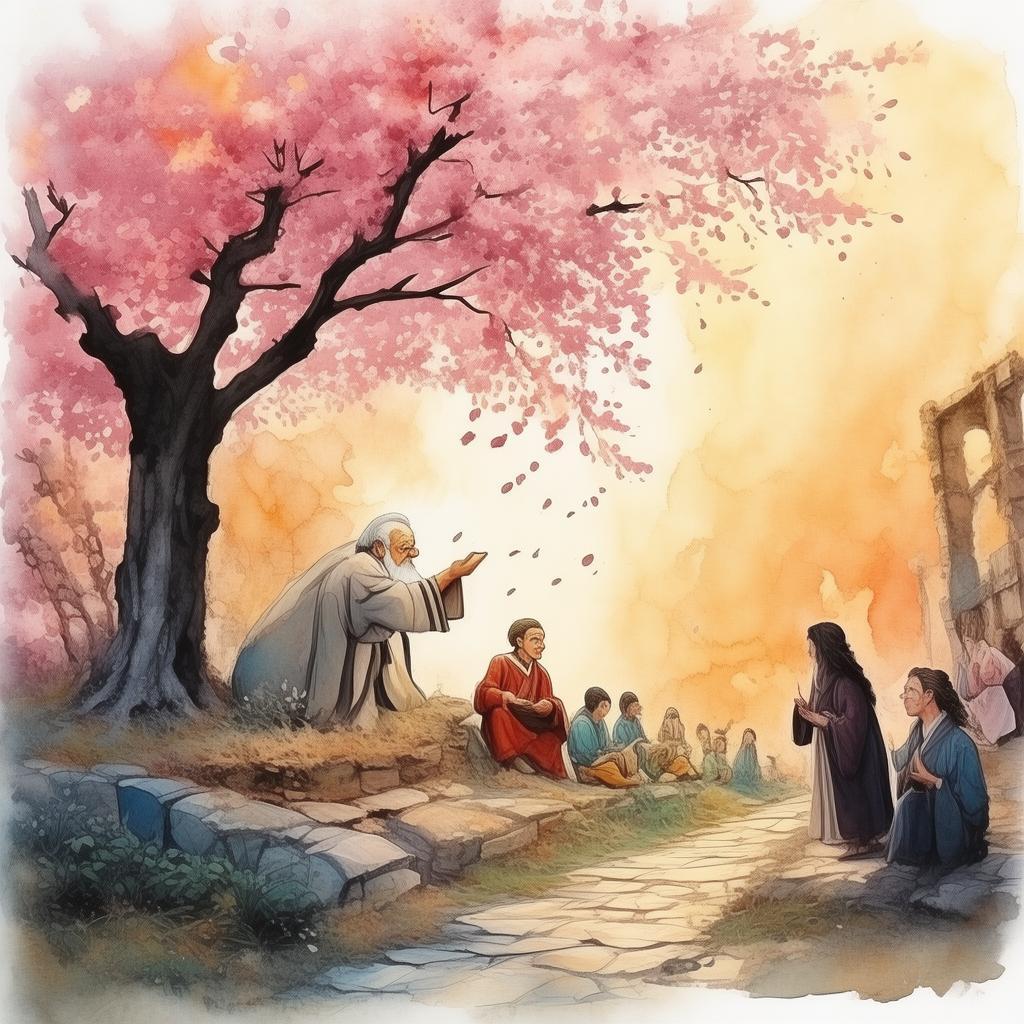Whispers of Rebellion: The Symphony of the Oppressed
In the heart of a sprawling metropolis, where the sky was perpetually gray and the streets were alive with the sounds of oppression, there existed a group of individuals who dared to whisper of rebellion. They were the forgotten, the marginalized, the ones who had been crushed beneath the boot of an oppressive regime. Among them was Li, a young and ambitious musician who found solace in the melodies of his piano, a place where his thoughts and dreams could roam free.
One evening, as Li sat in his dimly lit apartment, lost in the harmonies of a new composition, he heard a faint whisper. It was the sound of a piano, playing a tune that was both haunting and beautiful. The melody seemed to resonate with his own soul, and he found himself drawn to the source of the sound. He followed the music to the edge of the city, where an old, abandoned concert hall stood, its windows long since boarded up.
Curiosity piqued, Li pushed open the creaky door and stepped inside. The air was thick with dust and the scent of decay, but the music was pure and untouched by time. It was as if the very walls of the concert hall were alive, pulsating with a rhythm that spoke of hope and resistance. In the center of the room, a lone figure sat at a grand piano, her fingers dancing across the keys with a fervor that belied her delicate appearance.
"Who are you?" Li called out, his voice echoing through the empty hall.
The figure turned, revealing a woman with eyes that held the weight of a thousand stories. "I am the Symphony of the Oppressed," she replied, her voice a low murmur that seemed to carry the weight of the world.
Li approached the piano, his heart pounding with a mix of fear and excitement. "What is this music? How does it make you so... powerful?"
The woman smiled, a ghost of a smile that seemed to flicker in the dim light. "This music is not just sound; it is a call to action. It is the voice of the oppressed, a symphony that will stir the hearts of those who have been silent too long."
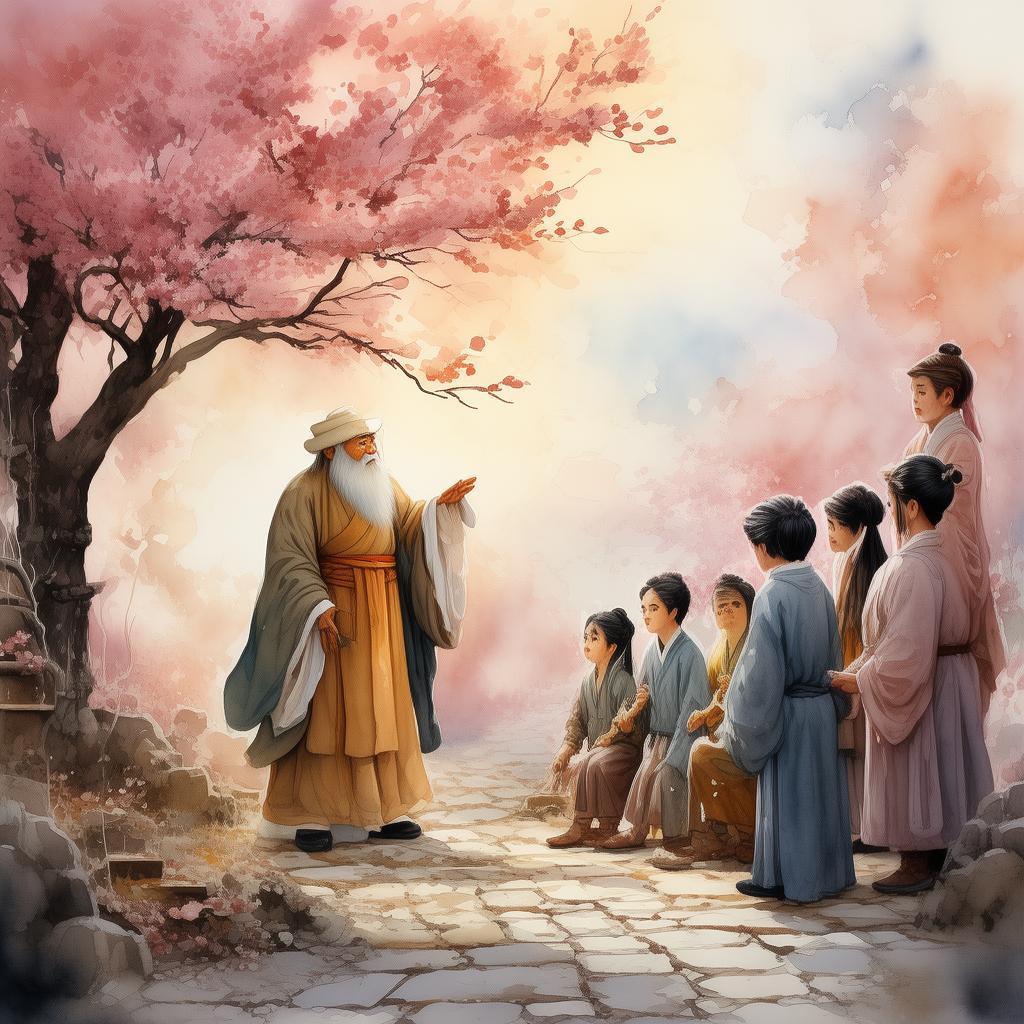
Li listened, his heart caught up in the music, and he realized that this was no ordinary performance. The symphony was a beacon, a signal that something was about to change. The oppressed were no longer willing to remain silent, and the music was their rallying cry.
As the days passed, Li found himself drawn back to the concert hall, each time more deeply immersed in the symphony. He began to share the music with others, spreading the message of resistance through the airwaves of the city. The symphony became a whisper that grew into a shout, and soon, the streets were filled with the sound of rebellion.
The regime, sensing the growing unrest, moved to suppress the uprising. They sent their agents to silence the Symphony of the Oppressed, but they were met with a resistance they had not anticipated. The music had touched the hearts of the people, and they were no longer willing to be silent.
In the climactic moment, Li stood before the piano, his hands trembling with the weight of the symphony. The agents surrounded the concert hall, their faces twisted with malice and fear. But the music played on, a force that could not be stopped.
As the final note echoed through the hall, the agents broke into chaos. The people of the city, inspired by the symphony, surged forward, their faces alight with hope. The oppressive regime crumbled, and in its place, a new era of freedom and equality was born.
Li looked around at the crowd, their eyes filled with the same passion that had filled his own heart. He turned back to the piano, his fingers tracing the keys that had once been the whisper of rebellion, now the roar of a revolution.
The Symphony of the Oppressed had become more than just music; it was the heartbeat of a nation, a testament to the power of art and the indomitable spirit of the human soul.
✨ Original Statement ✨
All articles published on this website (including but not limited to text, images, videos, and other content) are original or authorized for reposting and are protected by relevant laws. Without the explicit written permission of this website, no individual or organization may copy, modify, repost, or use the content for commercial purposes.
If you need to quote or cooperate, please contact this site for authorization. We reserve the right to pursue legal responsibility for any unauthorized use.
Hereby declared.
